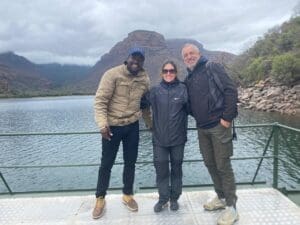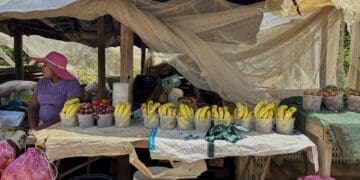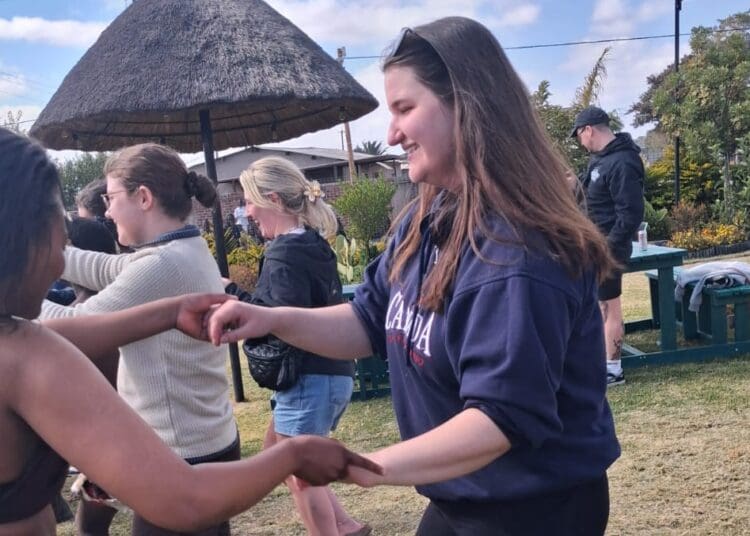In a strategic move to align tourism growth with broader economic development, the Limpopo Tourism Agency (LTA) and Limpopo Economic Development Agency (LEDA) signed a Memorandum of Understanding (MOU) at the One-Stop-Shop Auditorium in Polokwane.
The partnership comes as LTA adopts an expanded mandate to include trade and investment promotion alongside tourism marketing. The MOU is designed to strengthen collaboration between the agencies to attract investment, boost local trade, and position Limpopo as a leading destination for tourism, business trade, and exports.
“This MOU represents a shared commitment to reposition Limpopo as a globally competitive region for trade, investment, and tourism,” said LTA CEO Moses Ngobeni. “By aligning our efforts with LEDA, we will unlock new opportunities for inclusive economic growth.”
The signing comes ahead of the Limpopo Investment Conference on 30–31 October 2025, which will showcase the province’s investment-ready sectors to domestic and international stakeholders. “Tourism, investment, and trade promotions go hand-in-hand in building a thriving, inclusive economy,” said LEDA Acting Group CEO Lutendo Mavusha.
Local entrepreneurs have welcomed the partnership, highlighting its potential to create structured value chains and unlock opportunities for SMMEs. Akesa Mokhare, Marketing Manager at Fumani Game Lodge nestled in Limpopo, said the MOU opens the door for collaborative projects that merge tourism, innovation, and local enterprise.
“If implemented well, it can help create structured value chains, from township tourism experiences to eco-lodges, cultural events, and digital booking platforms like GuestHero, allowing small businesses to plug directly into provincial tourism initiatives,” he told Vutivi News.
Mokhare described the Investment Conference as a bridge between investors and grassroots entrepreneurs, emphasising that SMMEs must be given visibility not just as attendees but as solution providers. “If there is a strong focus on showcasing real projects from emerging local players, it could be a turning point for inclusive growth,” he added.
Liorna Berend, founder of Borutho Tours and Travel based in Limpopo, said the MOU provides a one-stop shop for assistance and support. “Funding, marketing, and access to infrastructure are vital for us to be market-ready and attract more tourists. The province has a keen interest in encouraging private sector investment, with a long-term strategic plan focused on inclusive growth, especially in the wake of the Fourth Industrial Revolution,” she explained.
Bilcane Sibuyi, owner of Masingitana Safaris, highlighted how the partnership could create value chains for local guides, transport providers, accommodation owners, and cultural experiences.
“It could mean more visibility for small businesses, greater access to domestic and international markets, and collaborations with investors who support authentic, community-driven tourism,” he said.

Sibuyi emphasised that structured follow-up, mentorship, and access to finance will be essential for SMMEs to fully benefit.
Independent provincial tourist guide Gedion Mokwena, based in Limpopo, said the collaboration is likely to increase tourism revenue and create jobs in the sector, from tour guides and hospitality staff to entrepreneurs developing new tourism products such as cultural tours, adventure activities, and eco-tourism experiences.
“The conference provides a platform to network with potential investors and showcase our services, but support in training, mentorship, and marketing is crucial to reach a wider audience and scale our businesses,” he said.
Through joint marketing initiatives, trade missions, co-hosted events, and coordinated promotion of key sectors including tourism, agriculture, manufacturing, mining, and cultural industries, the LTA-LEDA partnership aims to make Limpopo a model for how tourism can drive real economic empowerment when government and entrepreneurs work hand in hand.































































